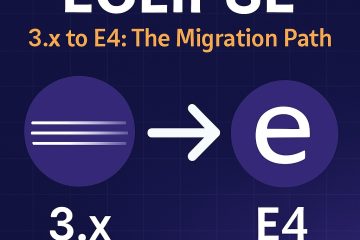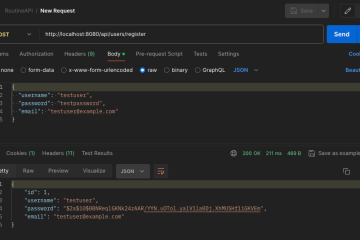Notes on practical usage of Java 8 stream filtering.
Stream Filtering
A Stream<T> references a sequence of T values, and exposes a set of aggregate operations we can use to manipulate data in a pipeline.
As an example, we can find the name of any people older than 20.
System.out.printf("%n after select: %s - %s - %s", index, selection2, selection3); //$NON-NLS-1$
String name = persons.stream()
.filter(p -> p.getName.startsWith("P"))
.map(Person::getName)
.findAny()
.orElse("");In java, you can loop on a variable using the foreach filter.
for(Shape s : shapes){
s.setColor(RED);
}Iterate
With streams, this is the equivalent you can do the same in
shapes.forEach(s -> s.setColor(RED));.foreEachis an iteration internal to the stream
Filter
Set a specific value only to items matching a filter.
shapes.stream()
.filter(s -> s.getColor()==BLUE)
.forEach( s -> s.setColor(RED));.filterfilters only some elements of the stream
Collect
Collect all the objects matching our filter returning a Collection.
List<Shape> blueShapes= shapes.stream()
.filter(s -> s.getColor()==BLUE)
.collect(Collectors.toList());.collectcollects the objects of the stream into a non-streaming data structure.
Map
Example 3: Collect all derived properties of objects matching our filter.
List<Box> blueBoxes = shapes.stream()
.filter(s -> s.getColor()==BLUE)
.map(s -> s.getContainingBox())
.collect(Collectors.toList());.map: get a stream of objects of a type and map each of them into another type. As a result, after map, you are working on a stream of different type.
Advanced Filtering
Filter and return the first element or else null
List<Person> persons = ..
Person p = persons.stream()
.filter(p -> p.getName().contains("Mark"))
.findFirst()
.orElse(null);.findFirstreturns an optional value.orElsemanages the case when there is no value
Filter by type and collect into a new Specific list
List<Person> persons = ..
List<Employee> emps = persons.stream()
.filter(Employee.class::isInstance)
.map(Employee.class::cast)
.collect(Collectors.toList());Flatten a list of lists
For each person, get the list of addresses. Then get all the addresses of all the persons and put them into a set.
List<Person> persons = ..
Set<Address> addresses = persons.stream()
.map(Person::getAddressList)
.flatMap(Collection::stream)
.collect(Collectors.toSet());.flatMapflattens a stream of lists into a simple stream of the objects that are contained.
And when we want to preserve the original order of the list, we collect our data into a LinkedHashSet.
// same as above ..
.collect(Collectors.toSet(LinkedHashSet::new));


0 Comments